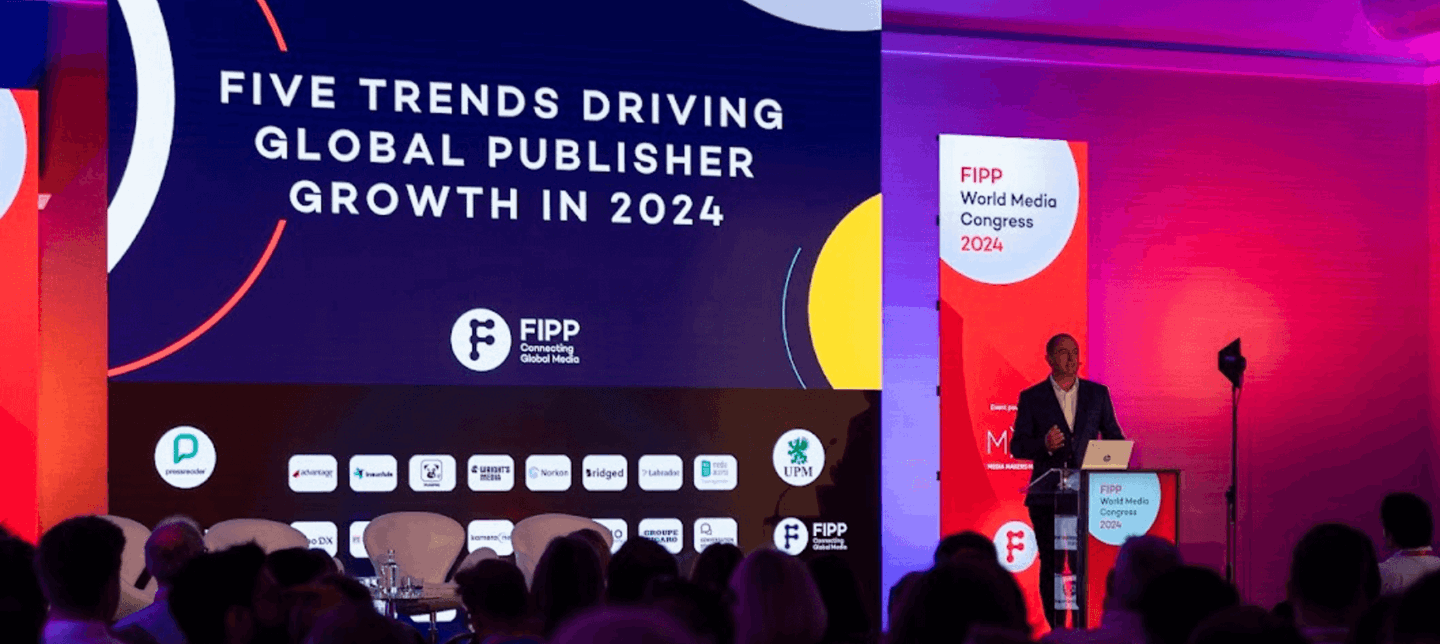Lewis brings over 20 years of experience in the magazine sector, primarily at Haymarket Media Group, where he held various positions, including Managing Director of Consumer Publishing. Before taking on the role at FIPP, Lewis ran a consultancy focused on helping media owners navigate the complexities of modern publishing.
Increasing importance of strong independent bodies
Lewis articulates FIPP’s primary role as fostering a community and network for publishers interested in collaboration and knowledge-sharing across global markets. "Our purpose is to facilitate networking, provide inspiration, learning, and training," he says. This mission is particularly crucial today, where challenges span multiple fronts. Strong, independent bodies are indispensable in keeping members informed about developments in technology, legislation, audience behaviour, and business models.
Lewis acknowledges that FIPP requires stronger representation in regions such as Brazil, Southeast Asia, Southern Africa, and Nigeria. "We are predominantly focused on Western Europe and the US," he notes, expressing his desire to expand FIPP’s reach and better serve media owners in these markets over the coming years.
Declining visibility and Gen Z and Alpha
While the magazine industry faces significant challenges—such as declining newsstand sales and shifting advertising revenues—Lewis remains optimistic. He notes that many publishers are achieving strategic clarity and purpose, which is vital for adapting to new market realities.
A major issue has been the reduced visibility of magazines in retail spaces. "This decline began 10 or 12 years ago when supermarkets started reducing space for magazines," Lewis explains. "Each year, prime positions were consistently pushed to the back of stores." As a result, circulation for many titles has suffered. However, some have adapted successfully. For example, Autocar in the UK has turned to independent retailers and smaller newsagents rather than relying solely on supermarket chains.
Lewis is also optimistic about younger generations’ attitudes towards print. He observes a shift among Gen Z and Gen Alpha audiences towards print media. "I see these generations recognising the superior experience print offers for reading and retaining information," he says. He points to Sweden’s policies as influencing this trend, with younger audiences increasingly valuing print for its distinctiveness compared to screen-based formats.





